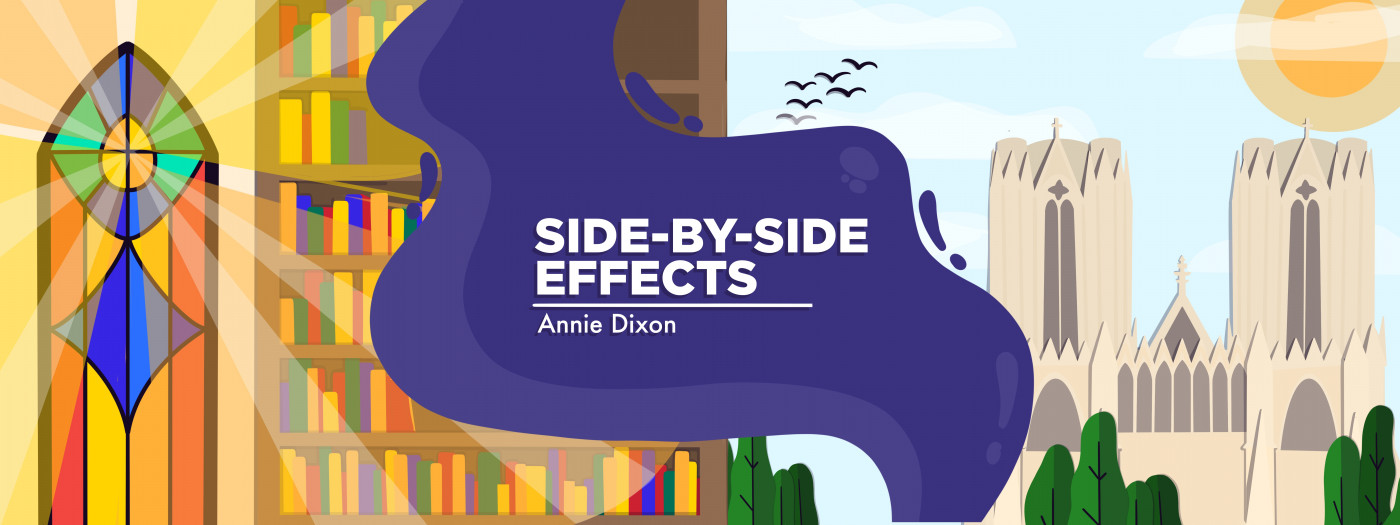It’s Time to Reconsider Daylight Saving Time
Written by |

Here we are again, recovering from the annual biological burglary of daylight saving time. It snuck into our home a week ago, in the wee hours between Saturday night and Sunday morning, and made off with a perfectly good hour while we slept. As if we wouldn’t notice. Ha!
The odd thing about habits is you may not think you are wedded to them until they are interrupted. Given my husband’s chronic atypical hemolytic uremic syndrome (aHUS), we have woven a lot of little routines into as normal a life as possible. They are so integrated into our days that I rarely notice them anymore — until I realize we are already an hour behind ourselves.
Taking our time
My days start early, and I usually wake before the alarm goes off. I consider that a gift of time, and I use it to cross a task or two off my list while still in my jammies. Plus, I get to savor the quietest cup of coffee of the day as the sun stretches across the fields.
At the appointed time, I check on my patient. If he has slept well, I take his stats, give him juice and pills, and we plan our day. If not, I gauge his energy level and let him snooze awhile longer.
Last week, I was assaulted by the alarm each morning, as my body never saw 6:15 coming at it in the pitch dark. Of course, that woke hubby, too, sometimes just as he was drifting off after an episode of insomnia. Then, if he managed to doze off again, I wondered when to wake him for morning meds.
By the time we got our day organized, breakfast was reduced to an energy bar or we declared time out for brunch. Thus, we started each day with our sleeping and eating patterns off balance, which affected our energy and attitude the rest of the day. All because of one hour taken from us under the cover of night.
Living on borrowed time
Whose idea was this? Shortchanging sleep by an hour? Erasing an hour of the weekend? The theory is that no one misses an hour that disappears at 2 a.m. on Sunday morning. After all, the bars have just closed and the churches have not yet opened. But saints and sinners (and there are plenty of each in both the bars and the churches) need their sleep. And aHUS patients, who suffer from fatigue and insomnia, need even more rest.
Sleep is an investment in the energy of conscious life. Regular deposits must be made, and early withdrawals — by choice or by theft — will affect the balance. Hours spent sleeping or relaxing on the weekend are as valuable as any others. In fact, maybe more so.
If we must sacrifice an hour each spring, what about Monday at 11 a.m.? Just as the workweek is kicking in — boom! It’s lunchtime! Or how about 4 p.m. on Friday afternoon? Which instantly becomes 5 p.m., and it’s over! TGIF! Now that’s a happy hour.
Some timely suggestions
Maybe society should excuse those living with rare diseases from participation in the national hallucination known as daylight saving time. It is a fabricated construct instituted in the industrial age to make workers more productive and reward them with more free sunlight, rather than a raise.
But the chronically ill are rarely employed full time on-site. Rather, they and their caregivers are as tied to the circadian rhythms as were our agrarian ancestors. We just want to monitor vital signs by the natural ebb and flow of days and nights while planting our hopes for a healthy harvest. Doesn’t everyone?
Perhaps it’s about time to reconsider this unnatural imposition of artificial timekeeping on all of society.






Leave a comment
Fill in the required fields to post. Your email address will not be published.